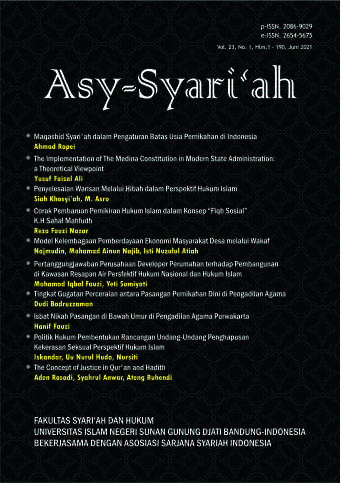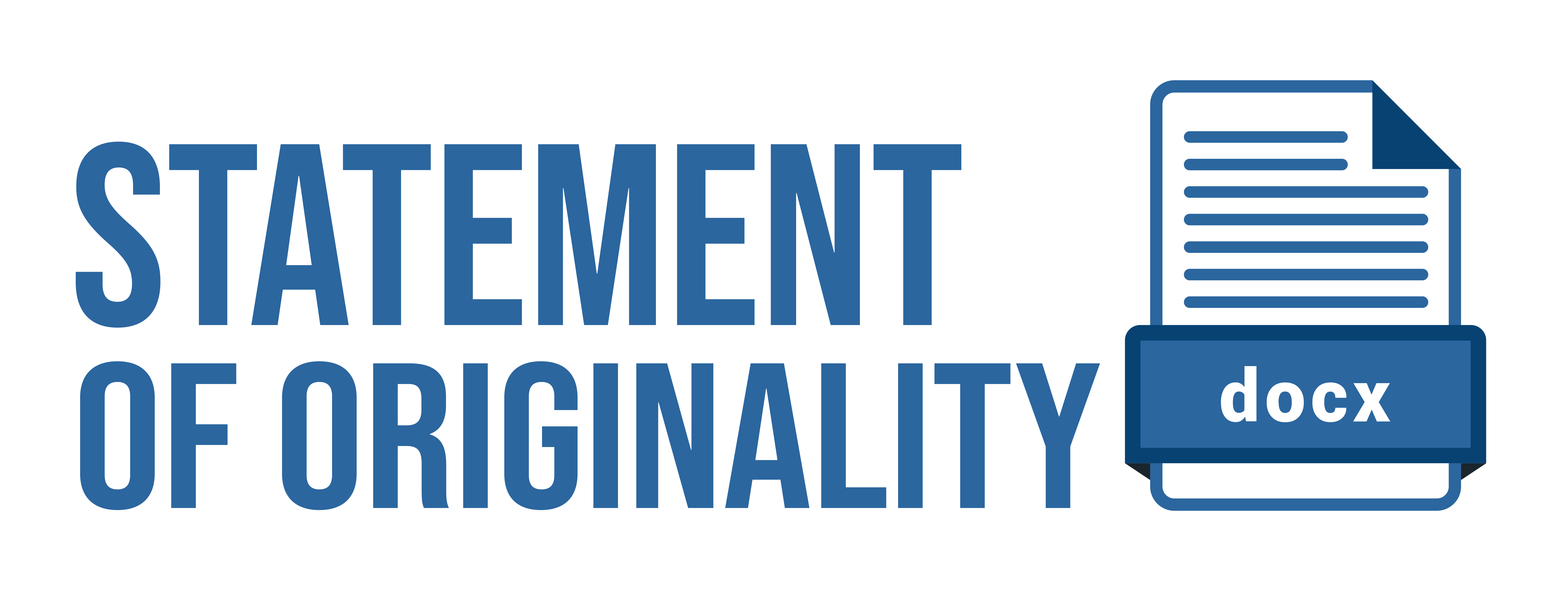Status and Inheritance Rights of Assisted Reproductive Technology Conceived-Child: An Islamic Law Perspective
DOI:
https://doi.org/10.15575/as.v26i2.38634Keywords:
Artificial Insemination, illegitimacy, inheritance, in-vitro fertilization, surrogacyAbstract
Abstract: This paper discusses the status of children born through assisted reproductive technology (ART) and its implications for inheritance rights from the Islamic Law perspective. For comprehensive and supporting debate, this section explains the types of ART, such as artificial insemination, in vitro fertilization, sperm donors/egg banks, and surrogacy. This paper adopts a doctrinal research method by conducting an in-depth analysis of primary and secondary legal sources. Then, the arguments of Muslim scholars on the topic are analyzed. Results show that legal experts disagree on whether the egg donor or the woman who conceives and gives birth is the biological mother based on the surrogacy regulation for children’s rights to inheritance. The author argues that if semen and eggs from a legally married couple are reproduced through ART, the child will be legitimate to the marriage and have full rights to inherit from both parents. However, if a third person is involved either through artificial insemination, surrogate motherhood, or in vitro fertilization, the child is walad al-zina (illegitimate child), who cannot inherit from the father but only from the mother and her relatives. This research contributes to the development of contemporary Islamic Law, which faces increasingly complex problems in this technological era.
References
Abdulrasheed, Yusuf, and Sheriff E Okoh. “‘Legal Challenges of In-Vitro Fertilisation (IVF) Under English and Islamic Law.’” Unilorin Shari’ah Journal 3, no. 1 (n.d.): 76.
Adeleke, F A R. “‘Examining the Legal Status of Embryo Used in Reproductive Technology (IVF and ES) in Some Selected Jurisdictions.’” Journal of Islamic and Comparative Law (UDUSJICL 1 (2010): 83.
Downloads
Published
How to Cite
Issue
Section
Citation Check
License
Copyright (c) 2024 Ibrahim Yahaya Abikan

This work is licensed under a Creative Commons Attribution-ShareAlike 4.0 International License.
The author whose published manuscript approved the following provisions:
- Authors retain copyright and grant the journal right of first publication with the work simultaneously licensed under a Attribution-ShareAlike 4.0 International (CC BY-SA 4.0) License that allows others to share the work with an acknowledgment of the work's authorship and initial publication in this journal.
- Authors are able to enter into separate, additional contractual arrangements for the non-exclusive distribution of the journal's published version of the work (e.g., post it to an institutional repository or publish it in a book), with an acknowledgment of its initial publication in this journal.
- Authors are permitted and encouraged to post their work online (e.g., in institutional repositories or on their website) prior to and during the submission process, as it can lead to productive exchanges, as well as earlier and greater citation of published work (See The Effect of Open Access).






